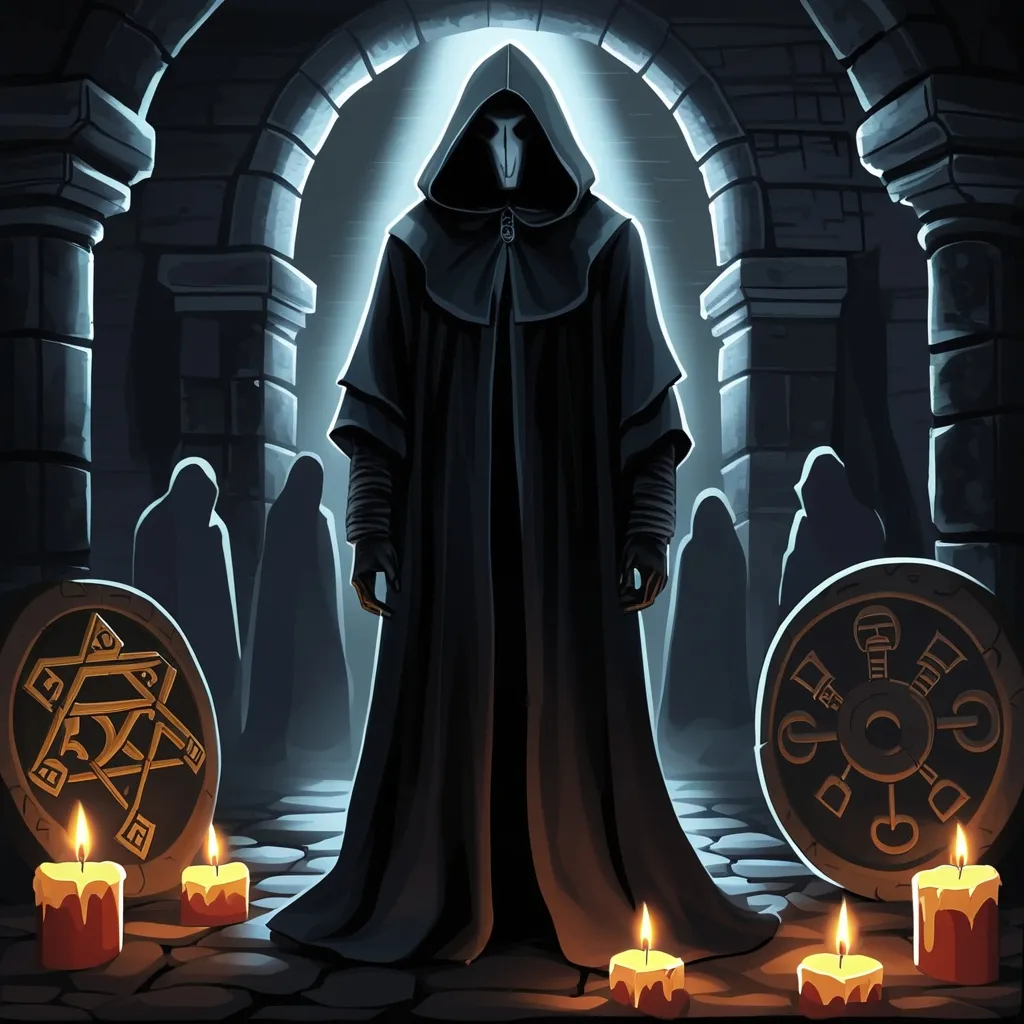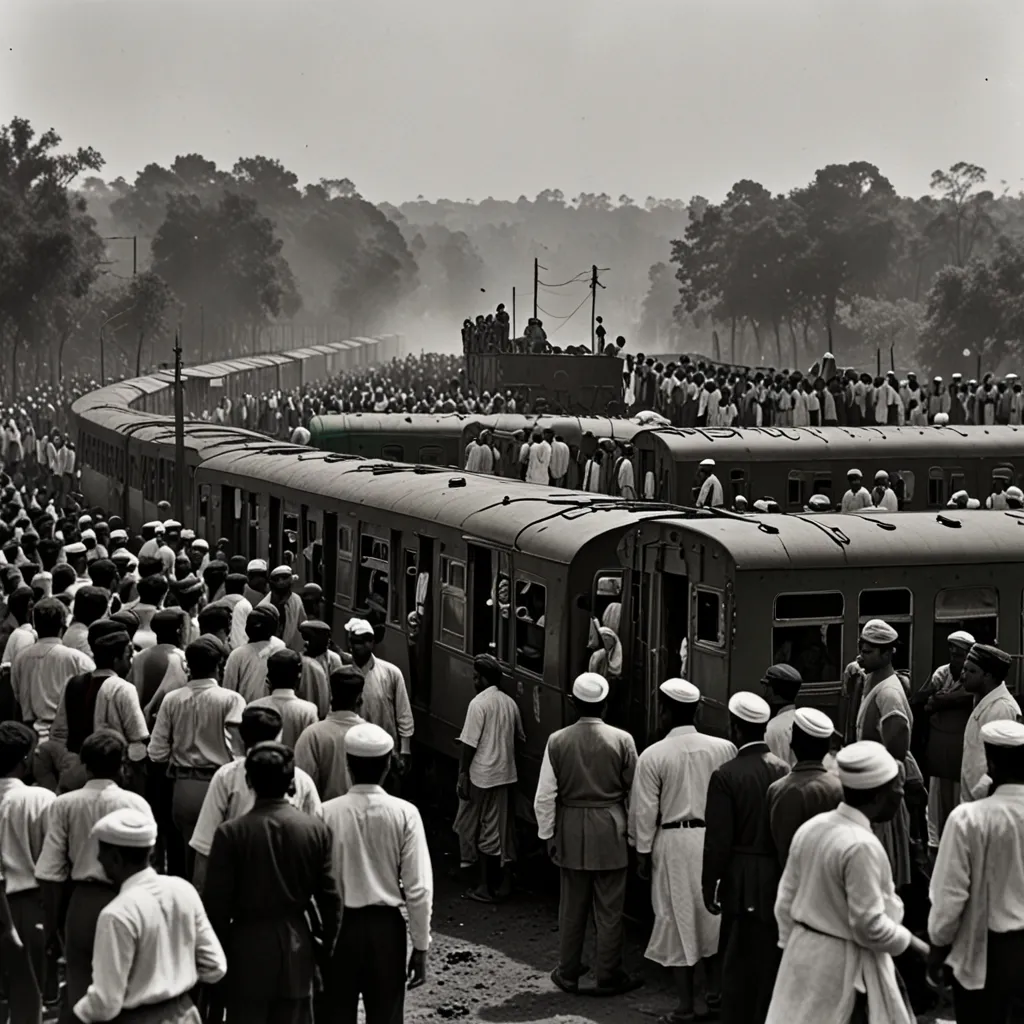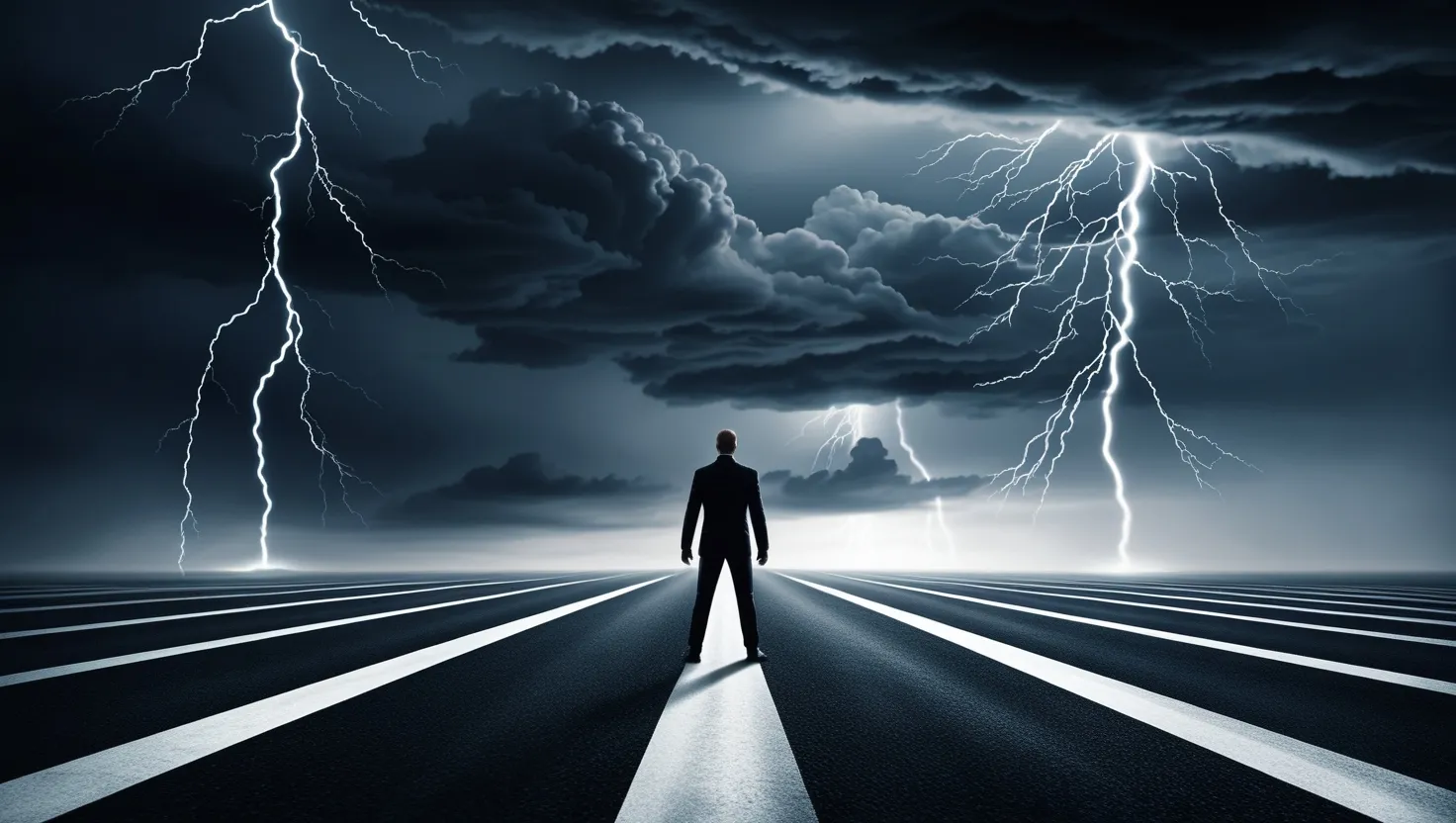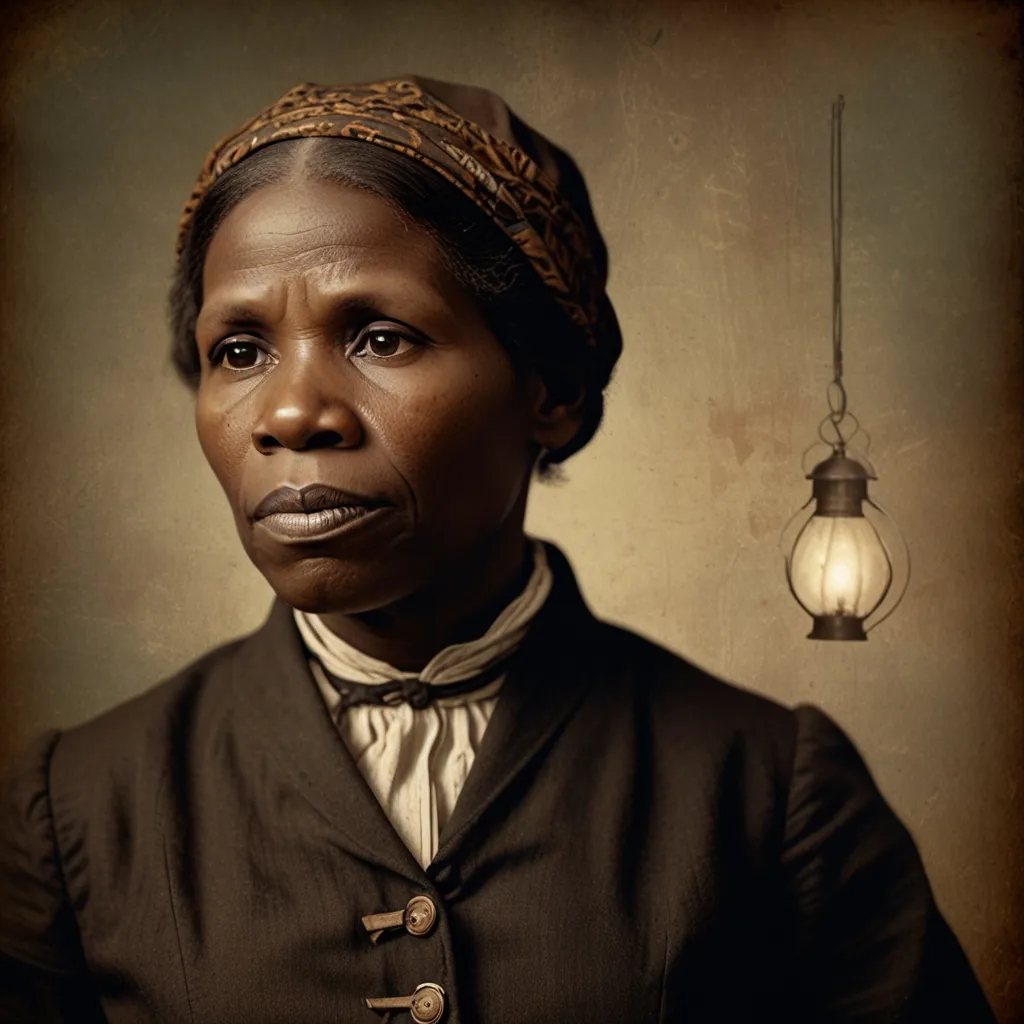Secret societies have always been a source of intrigue and mystery. These shadowy organizations have shaped history, influenced politics, and sparked countless conspiracy theories. Let’s dive into the fascinating world of five of the most powerful secret societies that have left their mark on the world.
First up, we’ve got the Freemasons. These guys have been around for ages, starting out as a bunch of medieval stonemasons and evolving into a fraternal organization that’s all about moral values and self-improvement. They’re known for their fancy rituals and symbols, which are supposed to guide members towards becoming better people.
The Freemasons have had their fingers in some pretty big historical pies. Think American and French Revolutions. A bunch of the founding fathers of the United States, like George Washington and Benjamin Franklin, were Freemasons. They used the society as a secret clubhouse to discuss and plan their revolutionary ideas without nosy authorities catching on.
But it hasn’t all been smooth sailing for the Freemasons. They’ve faced their fair share of criticism and conspiracy theories over the years. In the 19th century, there was even an Anti-Masonic movement in the US that accused them of all sorts of shady stuff. People got so worked up that they even formed a whole new political party just to oppose the Freemasons!
Next on our list is the Illuminati. These guys have a reputation that far outweighs their actual existence. Founded in 1776 by a German dude named Adam Weishaupt, the Illuminati was all about promoting reason, science, and progress. They attracted a lot of smart cookies and politicians, but their party didn’t last long. The Bavarian authorities banned them in 1785, and members either ended up in jail or had to go into hiding.
Even though the Illuminati’s actual existence was pretty short-lived, they’ve left a lasting legacy in the world of conspiracy theories. Lots of people believe they’re still pulling strings behind the scenes, controlling world events like puppet masters. While there’s no real evidence for this, it just goes to show how much secret societies freak people out.
Now, let’s talk about the Knights Templar. These guys were big shots back in the 12th century. They started as a military order during the Crusades and were known for being brave warriors and savvy businessmen. They managed a ton of wealth and even set up a fancy banking system. But as the saying goes, the higher you climb, the harder you fall.
In 1307, King Philip IV of France, who owed the Templars a boatload of money, decided to get rid of his debt by accusing them of heresy. He had a bunch of them arrested and executed. It’s a classic example of how secret societies can become targets when they get too powerful. The charges against the Templars were mostly bogus, but it was a convenient excuse for the king to grab their wealth and eliminate a rival.
Moving on to the Carbonari, these guys were big in 19th-century Europe, especially in Italy. Their name means “charcoal burners” in Italian, which is pretty cool. They were all about liberal and nationalist causes, aiming to unify Italy and kick out the Austrian rulers.
The Carbonari had some pretty elaborate rituals and a hierarchical structure with different levels of initiation. They played a significant role in the Italian unification movement, supporting important figures like Giuseppe Garibaldi. These secret rebels helped pave the way for the creation of the Kingdom of Italy.
Last but definitely not least, we’ve got the Thule Society. These guys are probably the most infamous on our list, thanks to their connection to Adolf Hitler and the Nazi Party. Founded in 1918 in Germany, the Thule Society was into some pretty weird stuff, mixing occult beliefs with nationalist ideologies and ideas about Aryan supremacy.
The Thule Society provided a platform for Hitler and other future Nazi leaders to develop their twisted ideologies and build a network of like-minded individuals. While the society itself wasn’t directly responsible for the horrors of the Nazi regime, its influence on Hitler’s early career and the broader Nazi movement is undeniable.
Secret societies haven’t just influenced politics and history; they’ve also left their mark on pop culture. From books to movies, these mysterious groups have been portrayed in all sorts of ways, often as powerful entities pulling strings from the shadows. Dan Brown’s “The Da Vinci Code” is a perfect example of how secret societies have captured our imagination, even if the stories are more fiction than fact.
In reality, many secret societies have been formed for more benign purposes. They often provide a sense of community and shared values among their members, supporting charitable causes and educational initiatives. In the United States, for instance, many immigrant communities have found support and solidarity in secret societies that cater to their cultural needs.
The appeal of secret societies lies in their exclusivity and the promise of special knowledge or status. These groups often create a strong sense of belonging and shared purpose among their members, which can be pretty powerful motivators. But this same exclusivity also breeds distrust and speculation among outsiders.
Throughout history, secret societies have been accused of all sorts of nefarious activities, from subversion to immorality and even heresy. These accusations have sometimes led to violent suppression, as we saw with the Knights Templar and the Illuminati. But despite these challenges, secret societies continue to exist and evolve, reflecting our human desire for community, secrecy, and the pursuit of hidden truths.
Secret societies are complex and multifaceted, reflecting a wide range of human motivations and aspirations. From the Freemasons’ focus on moral development to the Thule Society’s dark nationalist ideologies, these groups have left indelible marks on history. While they often inspire curiosity and fascination, they also evoke distrust and fear.
Understanding secret societies requires a nuanced approach, recognizing both their positive contributions and their potential for harm. As we explore the intricate worlds of finance, investment, politics, world history, religion, and lifestyle, it’s crucial to consider the roles that secret societies have played and continue to play in shaping our world.
In the end, secret societies remain a fascinating aspect of human society. They represent our desire for belonging, our fascination with the unknown, and our capacity for both great achievements and terrible misdeeds. Whether you see them as forces for good or evil, there’s no denying the impact these shadowy organizations have had on the course of history.
So, the next time you hear whispers of secret handshakes or hidden symbols, remember that you’re catching a glimpse of a long and complex history of human organization and intrigue. Who knows? Maybe you’ll even be inspired to start your own secret society. Just remember to keep it on the up and up, okay? We don’t need any more world domination plots!






